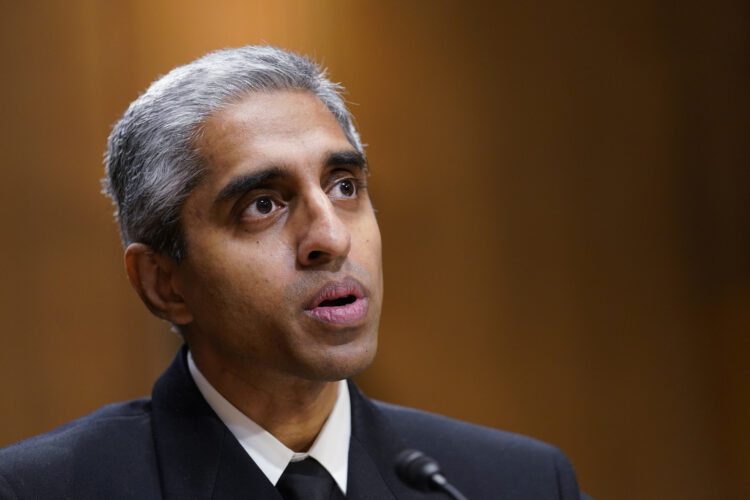According to a warning from the surgeon general Tuesday, loneliness and isolation in the U.S. presents health risks equivalent to smoking a dozen cigarettes per day. Dr. Vivek Murthy’s declared public health epidemic costs the health industry billions of dollars per year.
In an 81-page report from Murthy’s office, he states that roughly half of American adults claim that have experienced loneliness.
“We now know that loneliness is a common feeling that many people experience. It’s like hunger or thirst. It’s a feeling the body sends us when something we need for survival is missing,” Murthy said in a recent interview. “Millions of people in America are struggling in the shadows, and that’s not right. That’s why I issued this advisory to pull back the curtain on a struggle that too many people are experiencing.”
NEW: Today, I released a Surgeon General's Advisory on the epidemic of loneliness and isolation facing our country, the destructive impacts it has on our collective health, and the extraordinary healing power of our relationships. https://t.co/P9RnZkLr6G #Connect2Heal 1/8 pic.twitter.com/ZhaSuXTjoi
— Dr. Vivek Murthy, U.S. Surgeon General (@Surgeon_General) May 2, 2023
Americans who have become less engaged in community organizations, church, and in their own households have increasingly reported feelings of loneliness, according to research. Also, in the past 60 years, the number of single households has doubled.
When the country was forced into lockdown, the crisis profoundly deteriorated with workplaces and schools shuttering for elongated periods of time, sending millions of people into isolation.
Narrowing their friendship circles during the pandemic, many reduced their time spent socializing, the surgeon general’s report finds. Pre-pandemic, Americans spent an average of 60 minutes per day with friends, but that number was cut by two-thirds after the coronavirus lockdowns.
Hitting younger people the hardest, those aged 15 to 24 reported a 70 percent drop in time spent with others during the same period in time.
Technology has swiftly intensified the loneliness predicament, with one study cited in the surgeon general’s report finding that those who scroll social media for two hours or more per day were more than twice as likely to report feeling socially isolated than those who limited their social media activity to 30 minutes or less, daily.
Isolation increases the likelihood for experiencing anxiety, depression, and dementia, and loneliness heightens the risk of premature death by almost 30 percent.
Dr. Murthy is asking that schools, parents, workplaces, tech companies, and community organizations create change to enhance society’s connectedness. He advises for people to put down the phone, take a break from the computer, and remain present when catching up with friends. In addition, the surgeon general calls on employers to think cautiously about their remote work policies and advises health systems to offer physician training specifically to recognize health implications of loneliness.


















Add comment